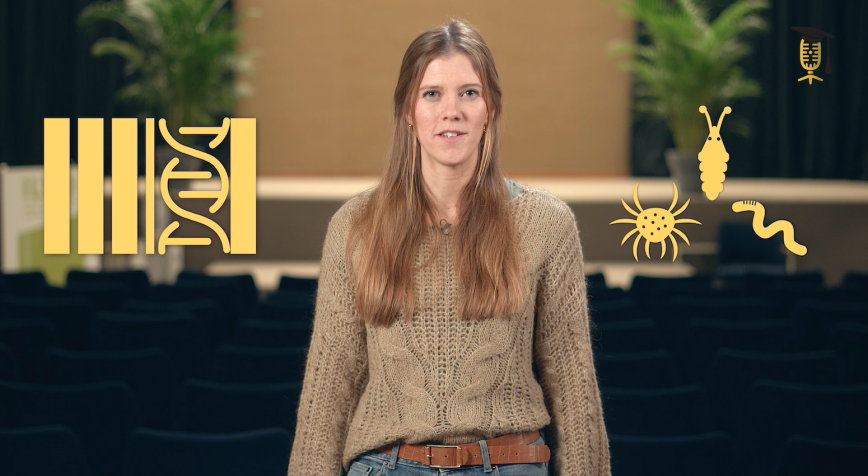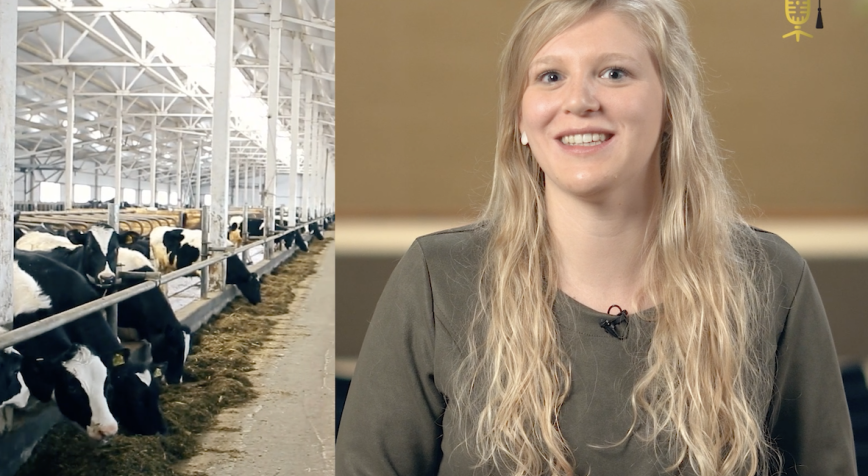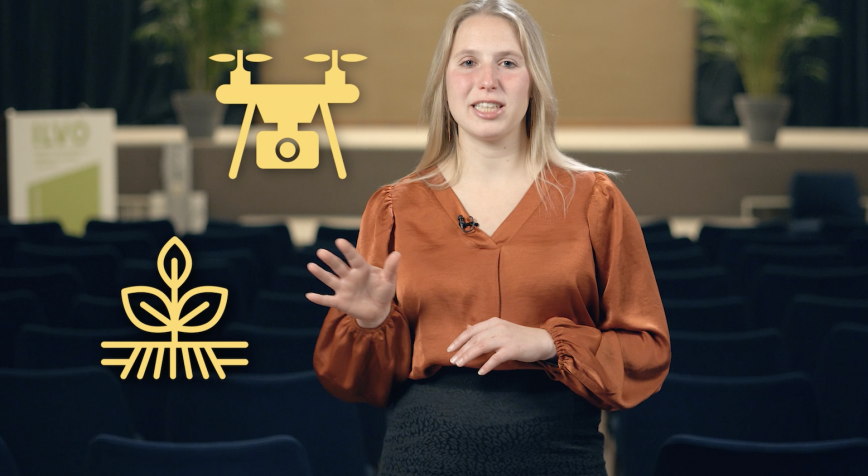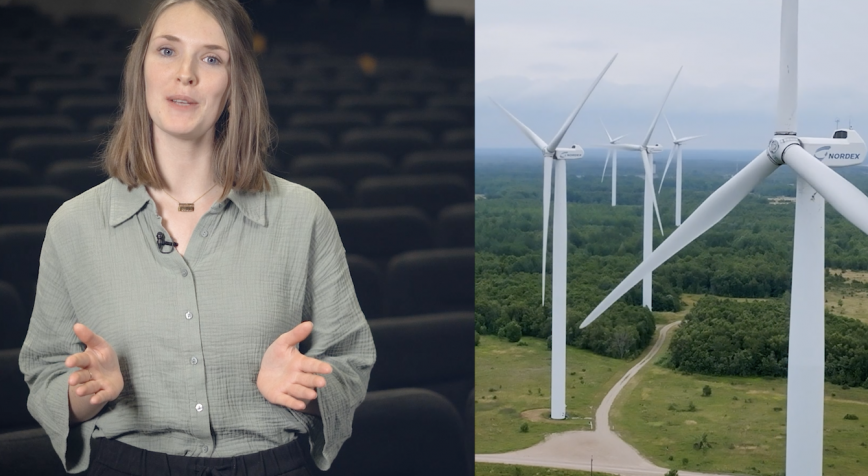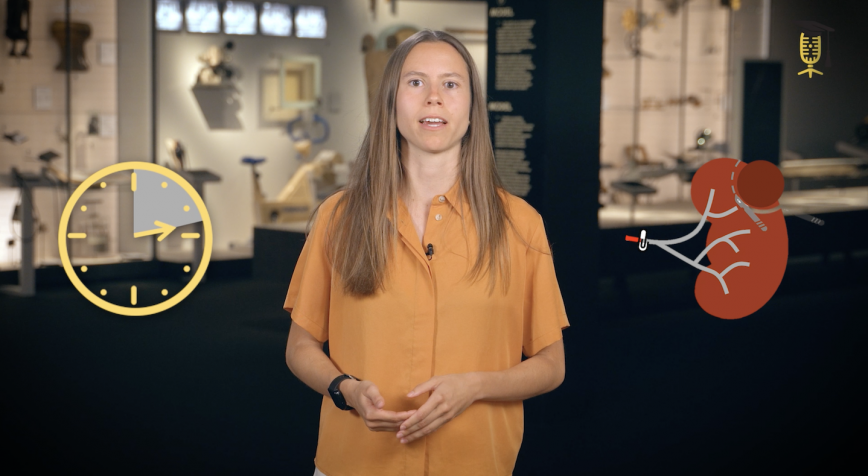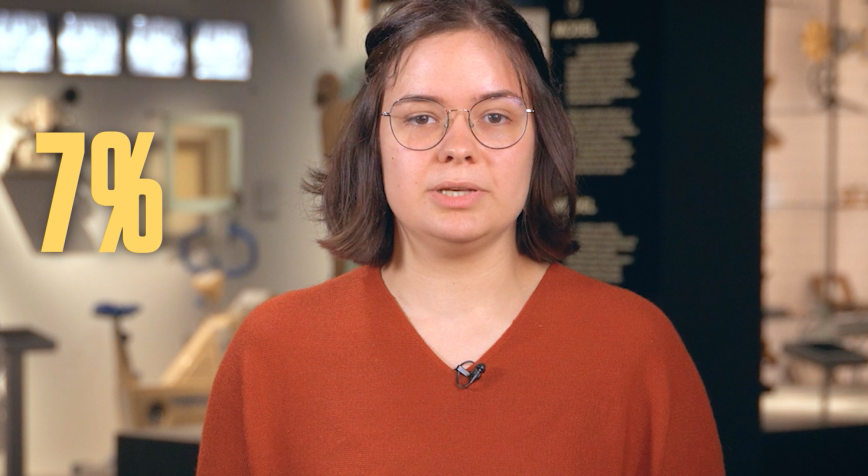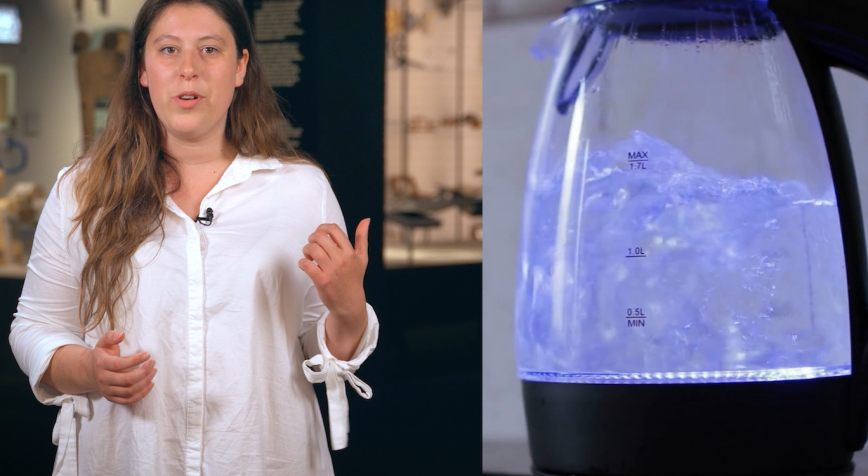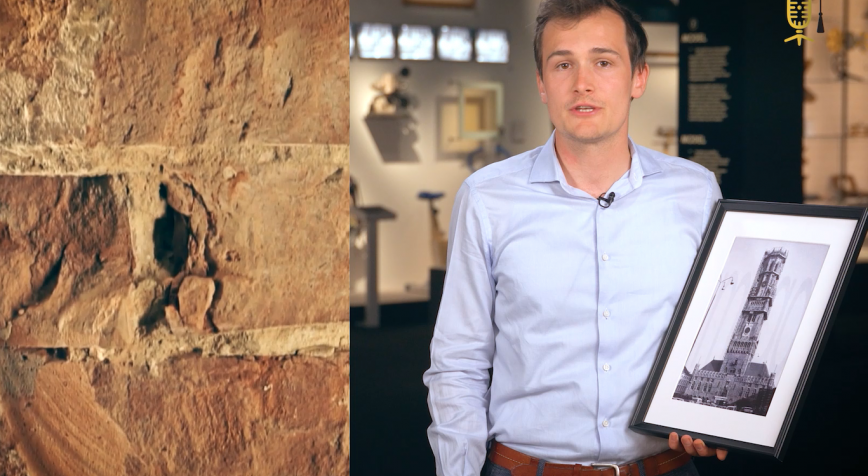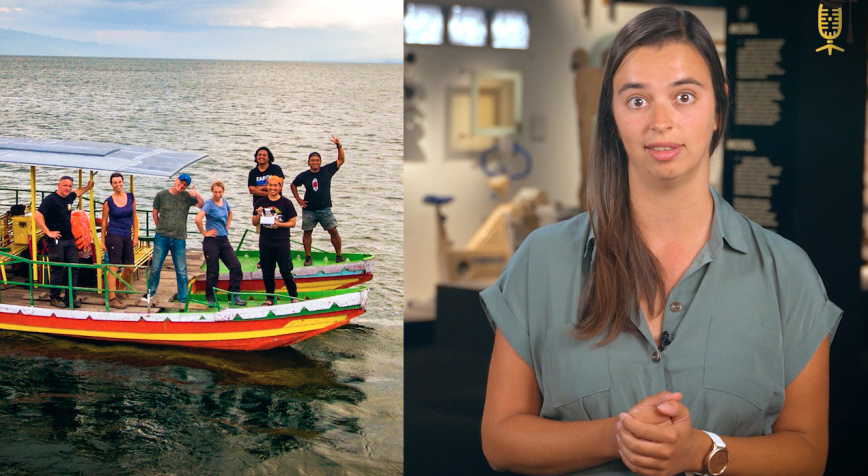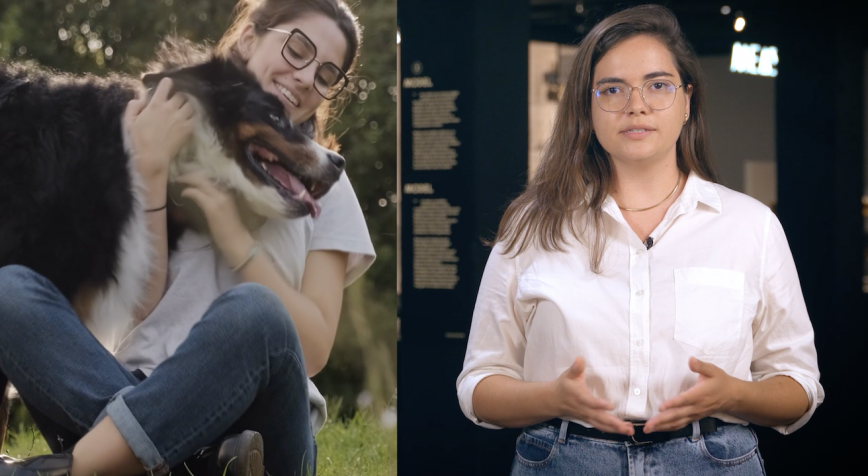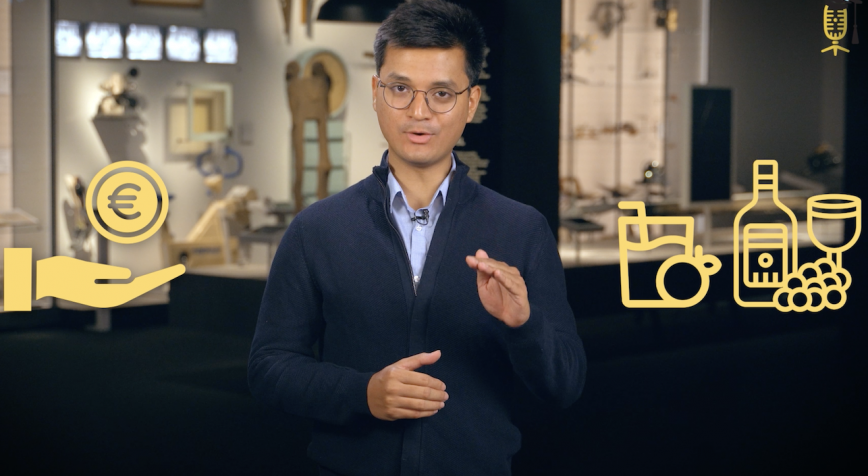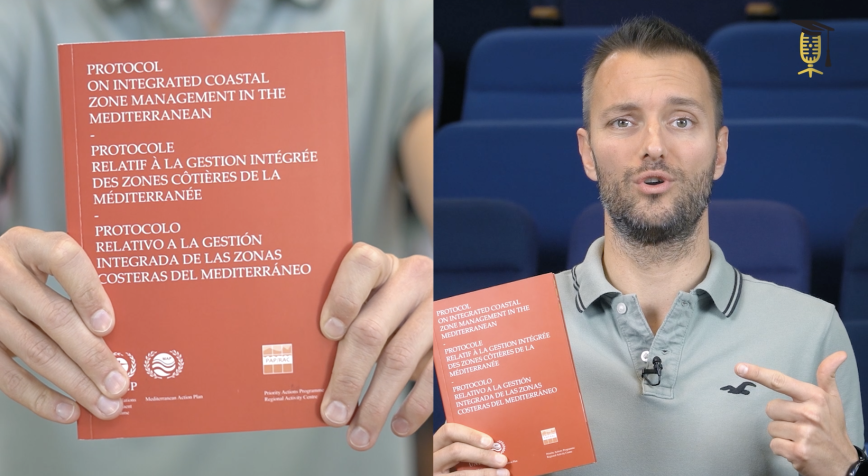
VUB
What can science and policy learn from each other?
"Scientific information has to play a bigger role in the process of decision-making in policy." This is Ante Ivčević firm belief. In his research, he seeks to understand how policymakers make decisions and, more importantly, how we can get them to make these decisions based on scientific information. To investigate this, he researches science and policy regarding coastal areas in the Mediterranean basin.
